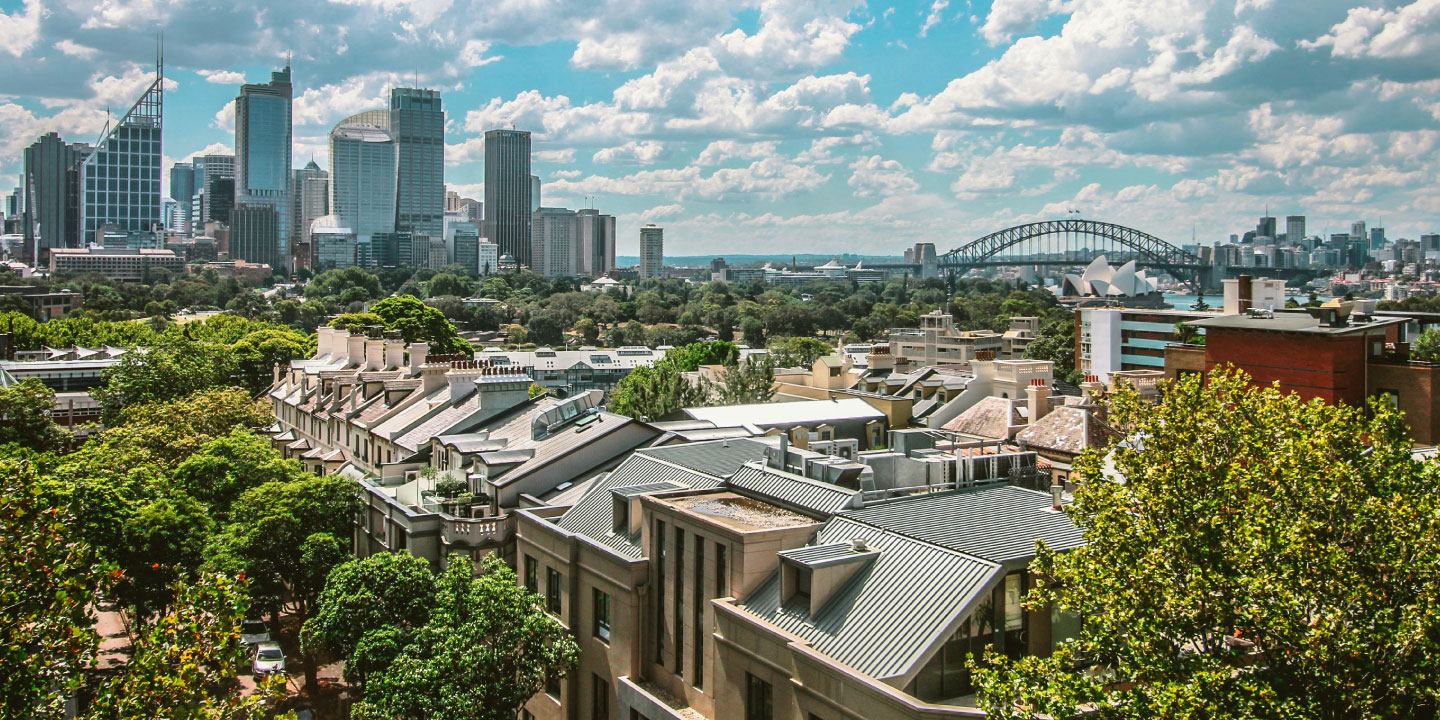Sydney, a city brimming with opportunities and dreams, paints a picture of endless possibilities. However, for women like me, beyond Sydney's shimmering façade, the harsh reality of the lack of affordable housing in casts a shadow over their aspirations. In this blog post, I want to share my personal experience and shed light on the unique challenges women face in finding affordable housing in Sydney, Australia.
The Cost Barrier
The exorbitant cost of living in Sydney has reached alarming heights, making it increasingly difficult for women to secure affordable housing. As a university student and young professional, our limited financial resources are stretched to the brink by soaring rents and high bond payments. Many of us find ourselves locked out of the housing market, burdened by unaffordable rents that drain our bank accounts and leave us grappling for stability.
Gender Pay Gap Amplifies the Struggle
Adding to the financial strain is the persistent gender pay gap that women face in the workforce. It's disheartening to know that our male counterparts may have an easier time affording housing, putting us at a disadvantage from the start. Unequal access to income and career opportunities only exacerbate the housing crisis, perpetuating a cycle of financial insecurity and limited options for women. For example, Average affordable rent for women is lower than men, $482.70 p/w compared with $561.87 p/w (Average weekly ordinary time earnings, full time adults, Australia, by sex, May 2022) and the average female worker needs an extra year to save for a home deposit, compared to her male peer (ABS 2021 Census, Time Series. Table T14).
Mental health and homelessness
The constant battle to find affordable housing takes a significant toll on womens' mental health. The stress and anxiety of navigating the housing market, worrying about rent hikes or eviction notices, can leave us feeling overwhelmed and disheartened. The persistent fear of homelessness or unstable living arrangements adds an emotional burden that affects our overall well-being and hampers our ability to focus on other aspects of our lives, such as education or career advancement. This is realised through the growing rates of female homelessness, particularly for older women aged 65-75 comprising the fasted growing group (ABS 2049 Estimating Homelessness. 2006 Table 5, 2011 Table 12, 2011 Table 1.12)
Further Domestic and Family Violence (DFV) is a leading cause of homelessness for women and children, with the proportion of Specialist Homelessness Services (SHS) clients experiencing DFV growing from 32 per cent of all clients in 2012–13 to 40 per cent in 2016–17.
Commute and Time Constraints
For women who cannot afford housing close to our workplaces or educational institutions, long commutes become a harsh reality. The hours spent traveling each day can eat into our precious time, leaving little room for self-care, social activities, or pursuing additional opportunities. The mental and physical exhaustion resulting from lengthy commutes further impedes our ability to excel in our academic or professional pursuits.
Demand Outstrips Supply
One of the fundamental problems underlying the lack of affordable housing in Sydney is the immense demand that far exceeds the available supply. As the city's population continues to grow, the strain on housing resources intensifies, leaving women in an increasingly precarious situation. In a city with the second most unaffordable housing market in the world (Demographia International Housing Affordability report, 2022), renters and first home buyers routinely come off second-best, with women adding a second dimension to these findings.
Urgent action is needed to bridge this gap and create sustainable solutions that prioritize the needs of women seeking affordable housing, as Australia is currently short affordable housing solutions. If I know anything it's that women like me deserve access to safe, affordable housing as a foundation to tackling the growing intersectional challenges we face in the workforce, the family and greater society.
Kylie Harding is an Investment Adviser who believes in free access to information about building financial literacy at every stage in life has the potential to empower women and inspire economies.
Contact Kylie today on [email protected] or 02 9998 4206.










